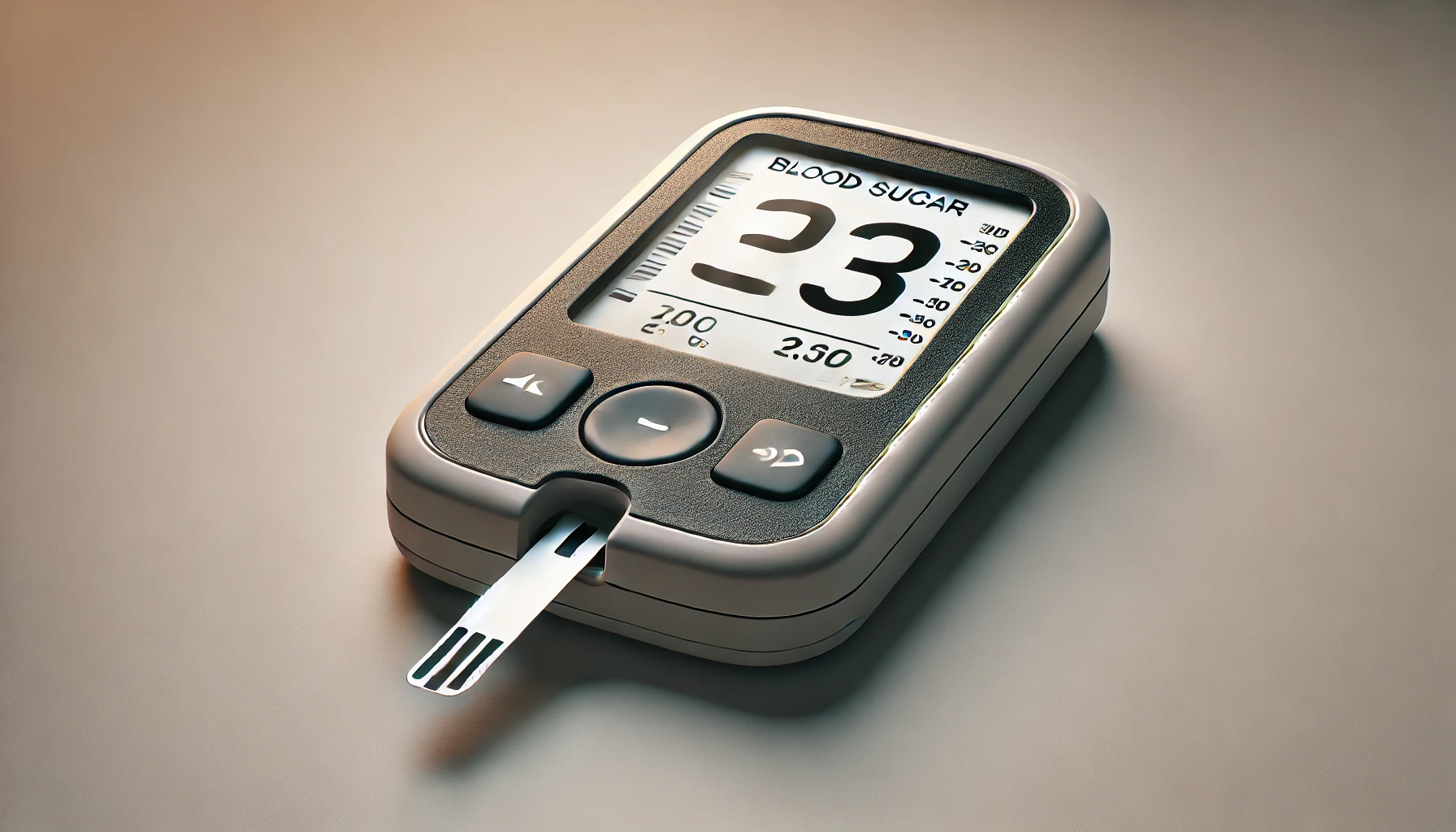Understanding Diabetes: Comprehensive Guide
Dr. John Smith
7 Sep 2024 • 10 min read
Introduction to Diabetes
Diabetes is a chronic medical condition that affects how the body regulates blood sugar (glucose). There are three main types of diabetes: Type 1, Type 2, and gestational diabetes. Each type has its own causes, symptoms, and management strategies.

Type 1 Diabetes
Type 1 diabetes is an autoimmune condition where the body's immune system attacks insulin-producing cells in the pancreas. It usually develops in children and young adults but can occur at any age.

Type 2 Diabetes
Type 2 diabetes is the most common form of diabetes. It typically develops in adults over 45 but is increasingly seen in younger populations. It is characterized by insulin resistance and eventual insulin deficiency.

Gestational Diabetes
Gestational diabetes occurs during pregnancy and usually resolves after childbirth. However, it increases the risk of Type 2 diabetes later in life for both the mother and child.

Symptoms of Diabetes
- Increased Thirst: Feeling constantly thirsty.
- Frequent Urination: Need to urinate more often, especially at night.
- Extreme Hunger: Feeling very hungry, even after eating.
- Unexplained Weight Loss: Losing weight without trying.
- Fatigue: Feeling tired and weak.
- Irritability: Becoming easily irritable.
- Blurred Vision: Having trouble seeing clearly.
- Slow-Healing Sores: Wounds taking longer to heal.

Causes and Risk Factors
The causes of diabetes vary depending on the type, but several factors contribute to its development.
- Type 1 Diabetes: The exact cause is unknown but may be linked to genetics and certain viral infections.
- Type 2 Diabetes: Caused by a combination of genetic and lifestyle factors, including obesity, poor diet, and physical inactivity.
- Gestational Diabetes: Risk factors include being overweight, having a family history of diabetes, and previous gestational diabetes.

Managing Blood Sugar Levels
Managing diabetes effectively requires keeping blood sugar levels within a healthy range. This can be done through regular monitoring, a balanced diet, physical activity, and medication.

Complications of Diabetes
If left unmanaged, diabetes can lead to serious complications, including:
- Heart Disease: Increased risk of heart attacks and strokes.
- Nerve Damage (Neuropathy): Can lead to pain and numbness, especially in the feet.
- Kidney Damage (Nephropathy): Can lead to kidney failure.
- Eye Damage (Retinopathy): Can cause blindness.
- Foot Damage: Poor circulation can lead to infections and amputations.
- Skin Conditions: Diabetes can cause various skin problems.

Dietary Tips for Diabetes
- Eat Fiber-Rich Foods: Include fruits, vegetables, and whole grains.
- Choose Lean Proteins: Opt for chicken, fish, and legumes.
- Avoid Sugary and High-Fat Foods: Limit processed foods and sugary drinks.
- Eat Regular, Balanced Meals: Maintain a consistent eating schedule.

Exercise and Diabetes
Regular physical activity is essential for managing diabetes, improving insulin sensitivity, and maintaining overall health.
- Aerobic Exercise: Engage in at least 150 minutes of moderate-intensity exercise per week, such as walking or swimming.
- Strength Training: Incorporate weight training exercises to build muscle.
- Stay Active Throughout the Day: Avoid prolonged sitting and aim to move regularly.

Medications and Insulin Therapy
For Type 1 diabetes, insulin therapy is essential. For Type 2 diabetes, medications such as metformin or insulin may be needed to control blood sugar levels.
- Metformin
- Sulfonylureas
- DPP-4 inhibitors
- SGLT2 inhibitors

Insulin Therapy
Type 1 diabetes requires insulin therapy, and some people with Type 2 diabetes may also need insulin. Types of insulin include:
- Rapid-acting insulin
- Short-acting insulin
- Intermediate-acting insulin
- Long-acting insulin

Home Remedies for Diabetes
- Cinnamon: Some studies suggest that cinnamon may help lower blood sugar levels.
- Bitter Melon Juice: May help regulate blood sugar.
- Fenugreek Seeds: May improve insulin sensitivity.
- Aloe Vera Juice: Known for its anti-inflammatory properties.

Yoga for Diabetes Management
Yoga can be an effective way to manage diabetes by reducing stress and improving overall well-being.
- Surya Namaskar (Sun Salutation): Improves blood circulation and flexibility.
- Viparita Karani (Legs-Up-The-Wall Pose): Helps relax the nervous system.
- Bhujangasana (Cobra Pose): Strengthens the spine and reduces stress.

Monitoring and Testing Blood Sugar at Home
Regularly monitoring your blood sugar levels is crucial for effective diabetes management. Common methods include:
- Blood Glucose Meter: Measures your blood sugar levels.
- Continuous Glucose Monitoring (CGM): Provides real-time blood sugar readings throughout the day.

Advances in Diabetes Research and Treatment
Recent advancements in diabetes research are leading to new treatment options and management strategies. These include:
- Artificial Pancreas: Closed-loop systems that automatically adjust insulin delivery.
- Beta-Cell Regeneration: Research into regenerating insulin-producing cells.
- Smart Insulin Pens: Devices that track insulin doses and timing.

Conclusion
Diabetes is a manageable condition with the right knowledge and tools. By understanding the types, symptoms, causes, and management strategies, individuals with diabetes can lead healthy, fulfilling lives. It's important to stay informed about the latest research and consult healthcare professionals for personalized advice.

Dr. John Smith
7 Sep 2024 • 10 min read